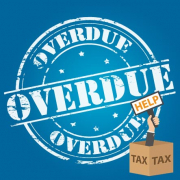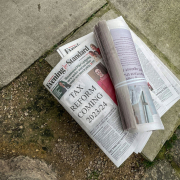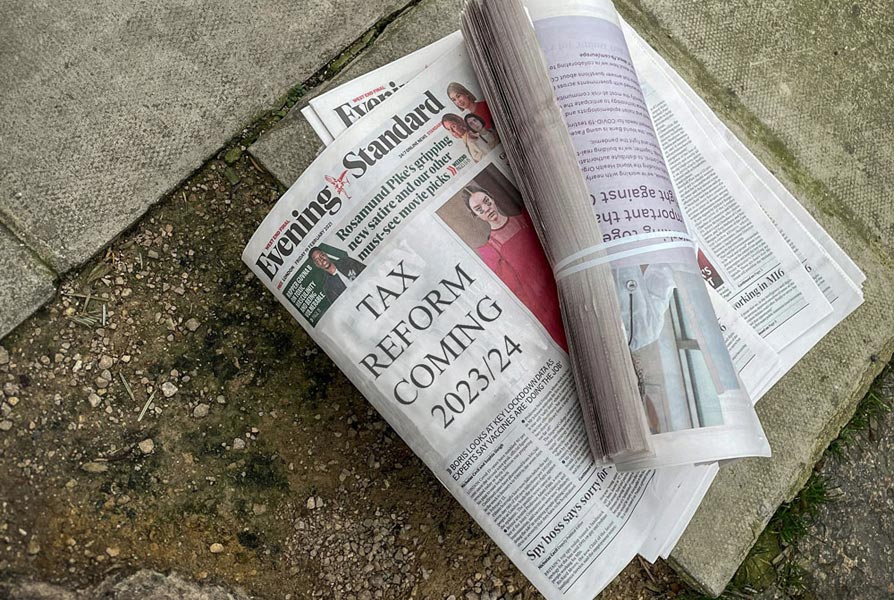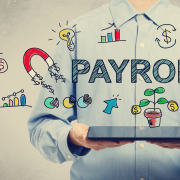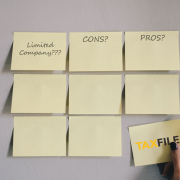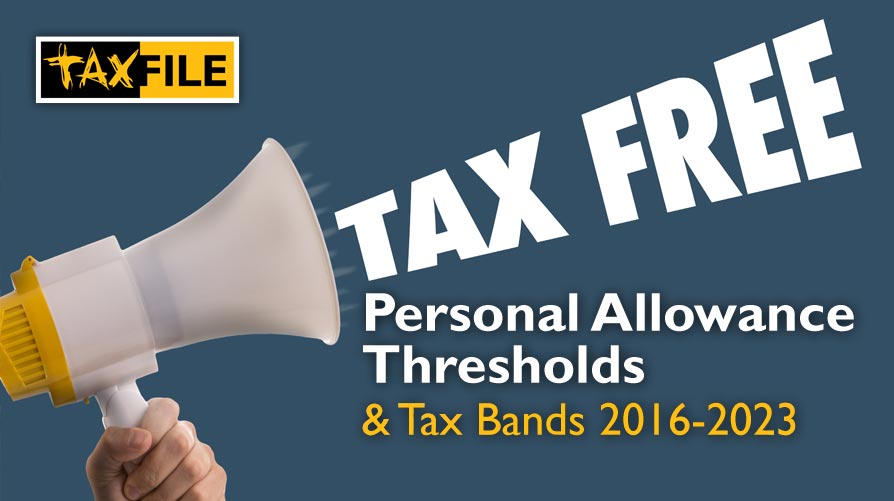Missed the Tax Return Deadline? What Happens Now?
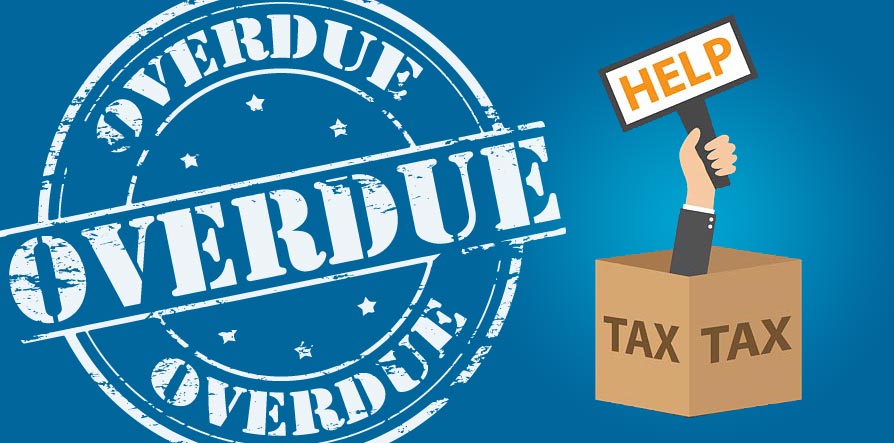
[February 2024]: If you missed the deadline to submit your self-assessment tax return, the first thing to know is that you are now into the penalty stage. HMRC applies an automatic £100 penalty to those who are even 1 day late (the deadline was 11.59pm on 31st January) and further penalties are added if you take even longer to comply. It’s worse, of course, if you also haven’t paid any tax owed as you’ll then owe interest too, so our advice is to pay as much as you can as soon as possible, so you’ll reduce any element of interest. However, if you “took reasonable care to meet” a deadline and there is a genuine reason why you were late, you have the option to appeal if your circumstances fit eligible criteria. Let’s take a look …
Circumstances that are taken into account by HMRC when considering appeals include:
- if a close relative or partner died shortly before the tax return or payment deadline;
- if you had to stay in hospital unexpectedly;
- if you had a life-threatening or serious illness;
- if your computer or software failed at the time you were preparing your online return;
- if HMRC’s online services were disrupted;
- if you were prevented from filing your return or paying your tax because of a fire, flood or theft;
- if there were unexpected postal delays;
- if you have a disability of mental illness that affected the delay;
- if you misunderstood your legal obligation, or were unaware of it;
- if someone you’d appointed for the task (e.g. accountant or tax adviser) failed in their obligation on your behalf;
- and occasionally other reasons which, if genuine, HMRC may deem to be relevant (for example, some Covid-related circumstances).
Excuses that aren’t usually accepted by HMRC include:
- you didn’t receive a reminder from HMRC;
- you found HMRC’s online system too difficult to use;
- your cheque bounced or payment failed due to you having insufficient funds;
- you made an error on your return.
Appealing Against an HMRC Penalty
You do have the right to appeal against HMRC’s decision to issue you a penalty, for example due to a tax return — or the actual tax — being paid late. Taxfile can help advise you about that (see below).
Taxfile are Here to Help
So, if your tax return is late, you owe HMRC tax or are owed a refund by them, come and see us as soon as possible at Taxfile — we’re accountants and tax advisors in Tulse Hill, South London. We’ll help to sort it all out for you with the minimum of fuss, at a competitive price. Come in as early in the month as you can and we’ll help you to sort things out — for the best possible outcome. We know the rules and liaise with HMRC every single day on behalf of our clients, so if we can help convince HMRC to reduce or completely remove any penalty you may be facing, we will do so, so long as your circumstances fit the relevant HMRC criteria. You can only appeal within 30 days of the date of any penalty notice you receive, so the earlier the better – give us a call on 0208 761 8000 or fill in the short form here and we’ll take it from there. Alternatively, book an appointment with one of our expert tax advisors to chat things over, without obligation. Payment plans called ‘Time to Pay’ arrangements may also be available for eligible people who cannot to afford to pay their tax in one lump sum — Taxfile would be happy to tell you more.

